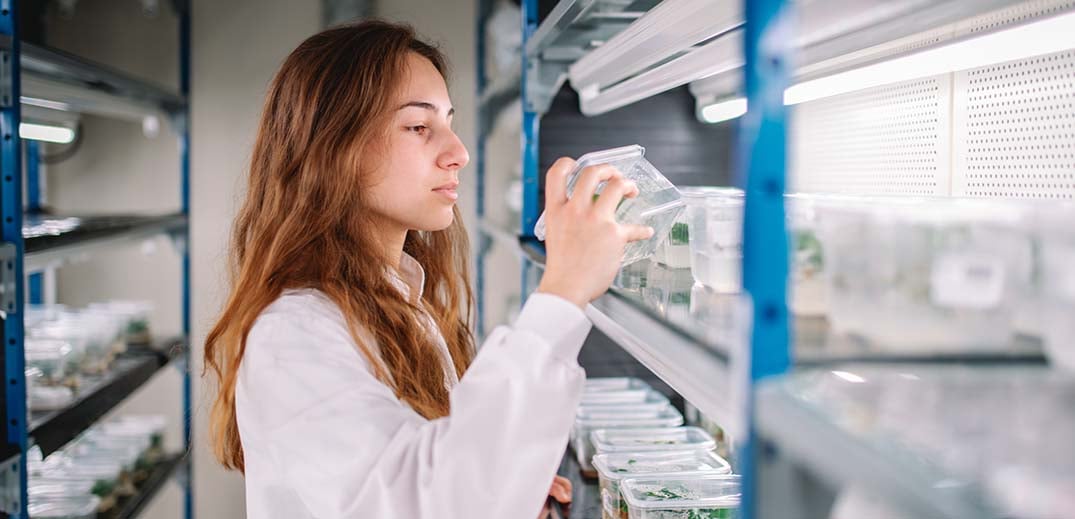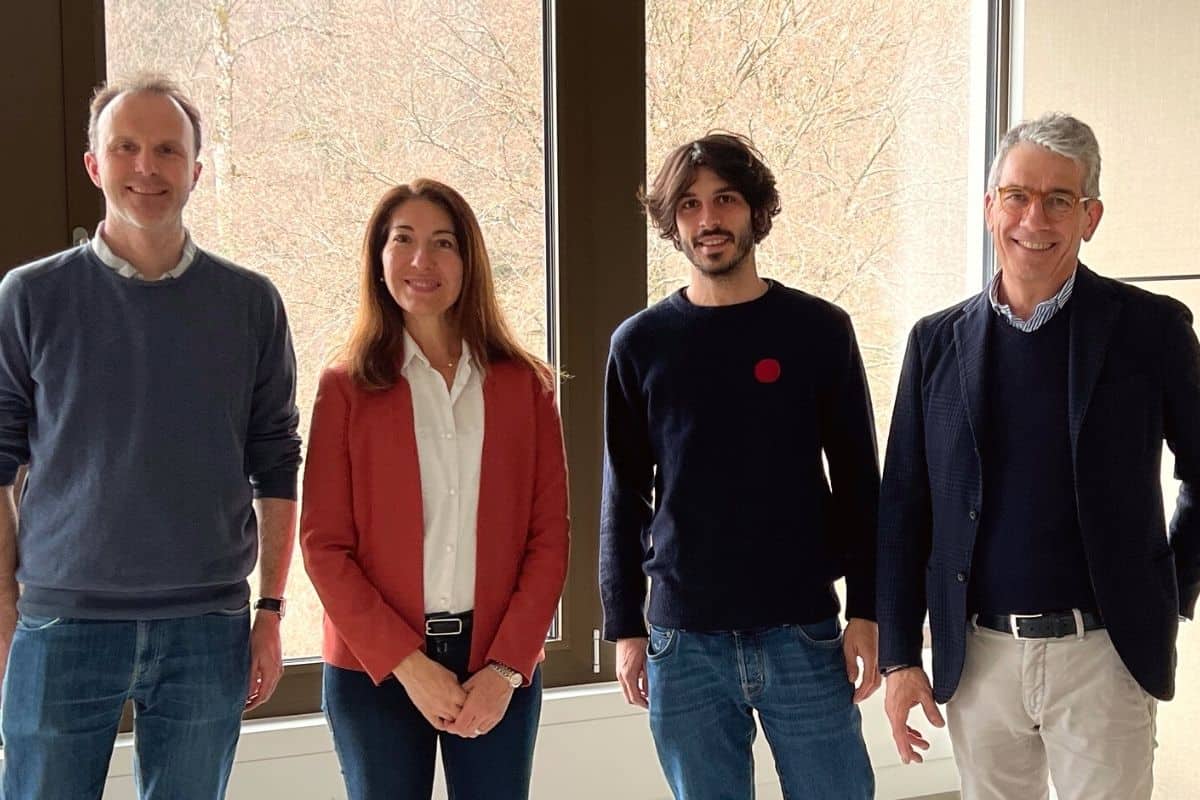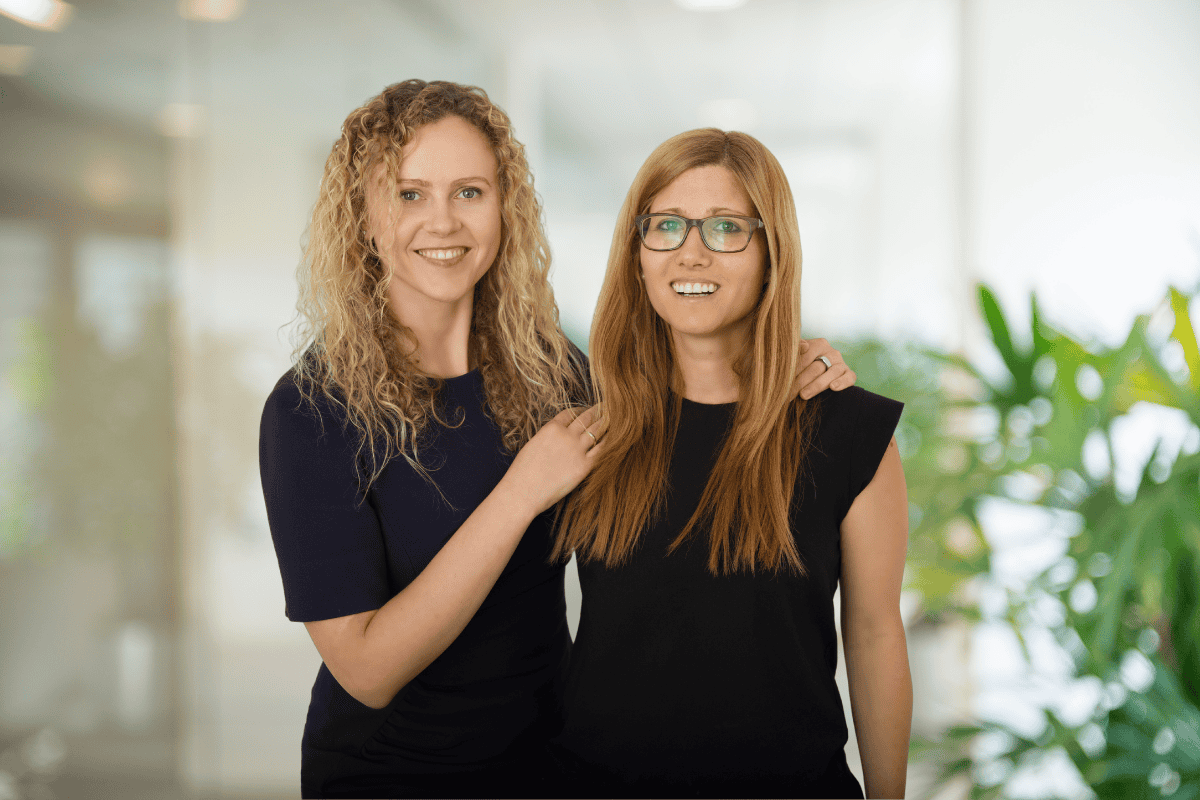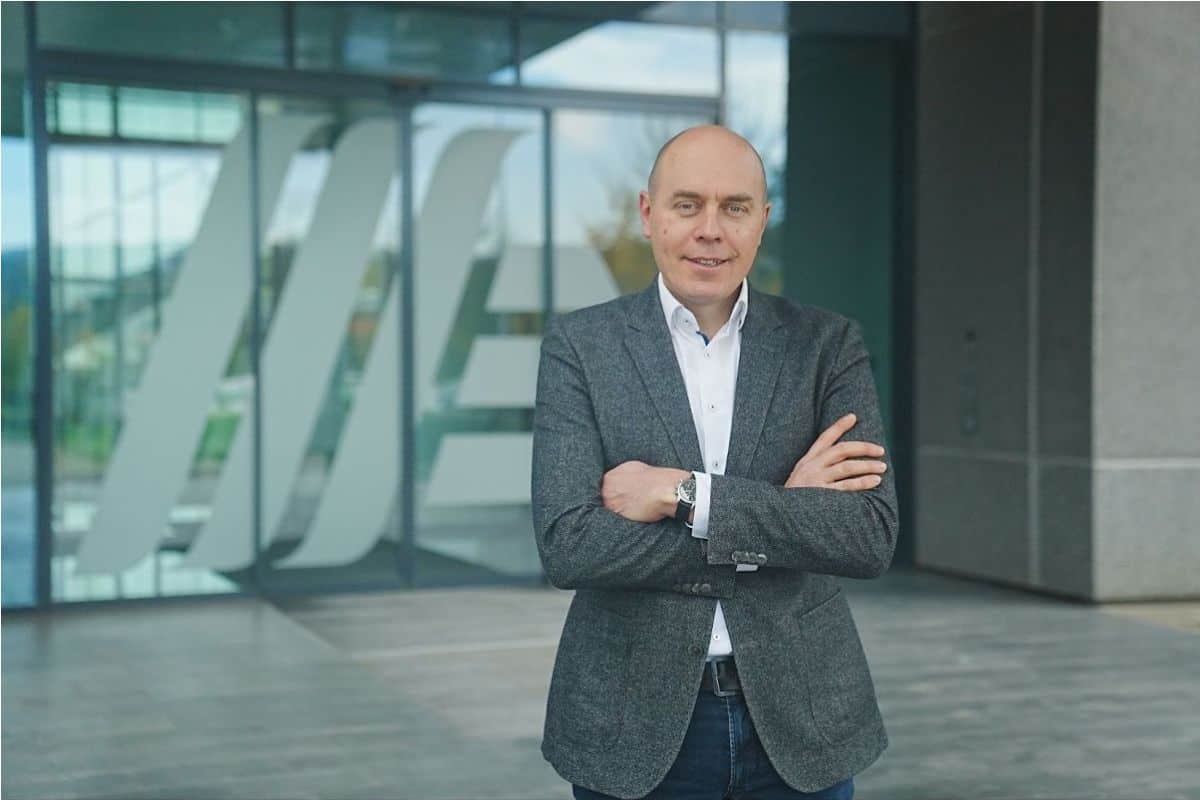Valley partner Bühler is making...
Nestlé inaugurates new research institute aimed at supporting sustainable food systems
Nestlé inaugurates new research institute aimed at supporting sustainable food systems

Nestlé has officially inaugurated the Institute of Agricultural Sciences to help advance sustainable food systems by delivering science-based solutions in agriculture.
Speaking at the inauguration, Paul Bulcke, Nestlé Chairman, said: “We have nurtured direct relationships with generations of farmers around the world. To continue providing people with tasty, nutritious and affordable foods, we need to transition together to a more sustainable food system. The new institute will strengthen our expertise and use our global network to support farming communities and protect our planet.”
With global food systems under pressure, there is an urgent need to accelerate new approaches that ensure a sustainable food supply for a growing world population while contributing to farmer livelihoods.
At the new institute, Nestlé experts screen and develop solutions in key focus areas such as plant science, agricultural systems and dairy livestock.
It builds on the company’s existing plant science expertise in coffee and cocoa. Over many years, Nestlé plant scientists have been contributing to Nestlé’s sustainable cocoa and coffee sourcing plans – the Nestlé Cocoa Plan and Nescafé Plan (pdf, 9Mb) – including the recent discovery of more disease and drought-resistant coffee varieties.
Nestlé is now strengthening this expertise and expanding it to further crops, including pulses and grains. The institute is also working with farmers to trial regenerative agriculture practices to improve soil health and encourage biodiversity. In addition, experts explore novel approaches in dairy farming that have potential to reduce greenhouse gas emissions in the areas of cow feed and manure management.
Jeroen Dijkman, Head of Nestlé Institute of Agricultural Sciences, said: “Our goal is to identify the most promising solutions to promote the production of nutritious raw materials while minimizing their environmental impact. We take a holistic approach and look at several factors including impact on yield, carbon footprint, food safety and cost, as well as the viability of scale-up.”
As part of Nestlé’s global R&D network, the institute collaborates closely with external partners including farmers, universities, research organizations, startups and industry partners to assess and develop science-based solutions. The new institute reaffirms the company’s commitment to strengthening Switzerland’s unique innovation ecosystem.
Speaking at the official opening, Valérie Dittli, State Councilor of the Swiss Canton of Vaud, said: “The new institute is strengthening the Canton of Vaud as a center of excellence for research and education in agriculture and nutrition. It also contributes to the efforts that are underway to support farmers in the face of climate change. Agriculture is at the core of quality nutrition and in the Canton of Vaud we can count on an innovative ecosystem that brings together partners including agricultural professionals, schools for higher education and private research centers such as the one from Nestlé.”
In addition to its new facilities at Nestlé Research in Switzerland, the institute incorporates an existing plant science research unit in France, and farms based in Ecuador, Côte d’Ivoire and Thailand, as well as partnerships with research farms.
Never miss a Swiss food innovation morsel.
Latest News
Bühler Scale-Up Day accelerates industry and start-up collaboration
What if talent – not tech – is the missing ingredient in building food system resilience?
What if talent – not tech – is the...
Bühler Networking Days 2025: Scaling sustainable food solutions through collaboration
More than 1,200 industry leaders from...
Discover Switzerland’s food innovation ecosystem with the SFNV Navigator
Eager to embark on a journey in the...












